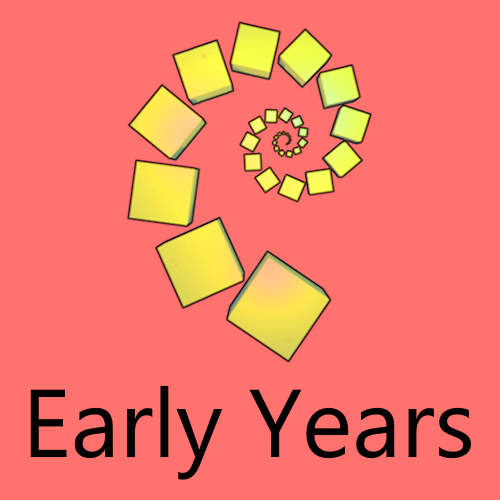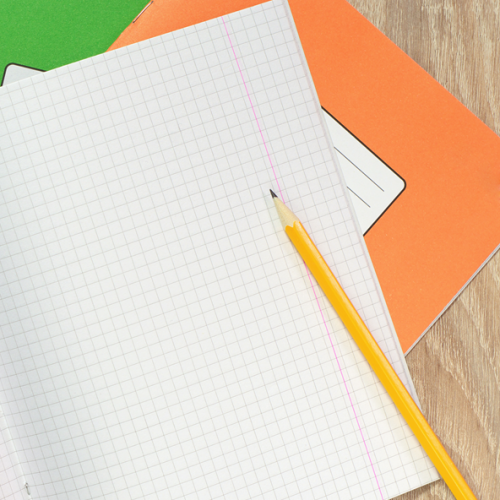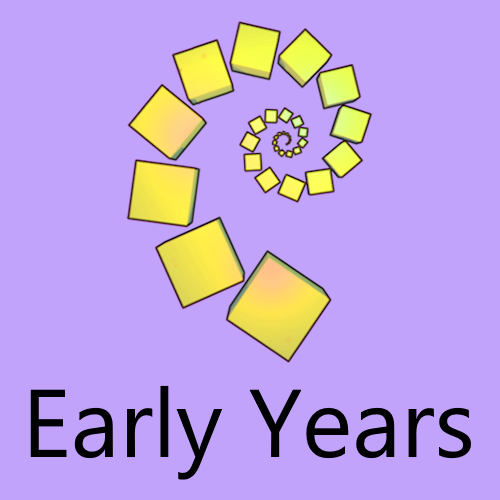To see all the articles we publish for primary teachers, please see our CPD Articles for the Classroom.
Codebreakers
This article for Primary and Secondary teachers is all about the mathematics behind solving puzzles, unravelling mysteries and breaking codes.

Mathematical problem solving in the early years
This article describes how the NRICH Early Years resources aim to further develop young children's natural problem-solving abilities in the context of mathematics.

Primary children's mathematical recording
This article for teachers outlines different types of recording, depending on the purpose and audience.

Mathematical problem solving in the early years: developing opportunities, strategies and confidence
In this article for Early Years practitioners, Dr Sue Gifford outlines ways to develop children's problem-solving strategies and confidence in problem solving.
Encouraging primary children to work systematically
What's the problem with problem solving?
Becoming a mathematical problem solver really is the point of doing mathematics, so this article offers ideas and strategies to ensure that every lesson can be a problem solving lesson.
Group-working skills
This article for teachers suggests a range of activities to help children get better at working in groups.
Group-worthy tasks and their potential to support children to develop independent problem-solving skills
In this article for teachers, Jennie Pennant outlines how group-worthy tasks support the development of children's problem-solving skills.
Why dialogue matters in primary proof
Developing logical thinking: the place of strategy games
This article outlines how strategy games can help children develop logical thinking, using examples from the NRICH website.
Developing a classroom culture that supports a problem-solving approach to mathematics
This article offers you practical ways to investigate aspects of your classroom culture.
Problem solving and the new curriculum
Developing number fluency - what, why and how
Reasoning: identifying opportunities
In this article for primary teachers we consider in depth when we might reason which helps us understand what reasoning 'looks like'.
Using NRICH tasks to develop key problem-solving skills
This article, written for primary teachers, discusses what we mean by 'problem-solving skills' and draws attention to NRICH tasks which can help develop specific skills.
Exploration versus calculation
Reasoning: the journey from novice to expert (article)
This article for primary teachers suggests ways in which we can help learners move from being novice reasoners to expert reasoners.
Mastering mathematics: the challenge of generalising and proof
This article for primary teachers discusses how we can help learners generalise and prove, using NRICH tasks as examples.
Pupils' recording or pupils recording
Opening out
Children's mathematical writing
Geometry in the primary curriculum
This article looks at how the National Curriculum aims of problem solving, reasoning and fluency can be embedded in geometry, using NRICH tasks.
Experiencing problem solving
Using NRICH solutions as a resource
In this article for primary teachers, we suggest ways in which children's solutions on the NRICH site can be used as a teaching resource in their own right.
Back to the practical?
Using National Young Mathematicians' Award tasks to develop problem-solving and group-working skills
This article for primary teachers uses National Young Mathematicians' Award tasks as contexts in which to develop learners' problem-solving and group-working skills.
